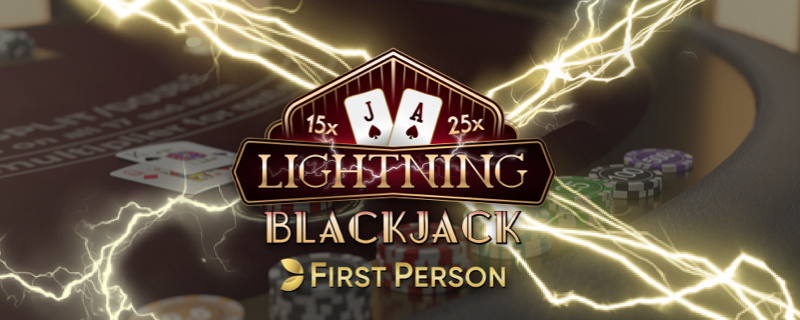SIMON ROWLANDS: With not long to go until Cheltenham, we chat to betting analyst Simon Rowlands to hear his incredible festival memories from down through the years.
It is hard for me to remember a time when the Cheltenham Festival was anything other than a big thing in my life. The first that made a major impact on me was when I contracted pneumonia as an 11-year-old, was off school for five weeks, and talked my parents into having The Sporting Life delivered each day to cheer me up.
That was 1974, the year of Lanzarote winning the Champion Hurdle and Captain Christy winning the Cheltenham Gold Cup. I did not understand all that was going on but was fascinated by all the numbers in the race cards and captivated by the spectacle of the races themselves.
Fascinated and captivated soon became full-on obsessed, though school more effectively got in the way of the important business of horse racing in the years to come. The first Cheltenham Festival I attended in person was in my first year at University, which was at Cardiff, not so very far from the headquarters of jump racing.
I persuaded some non-racing friends to make the trip with me, by bus and ending up in the cheapest enclosure possible. I was the guy who spent most of the time studying the Form Book when it should have been Shakespeare, so I had to come up with a few winners, right?
Wrong! Any journey home after backing several losers and no winners is a long one. I learnt the hard way that winning at the Cheltenham Festival can be difficult, whether you are a participant or a punting bystander, and that non-racing friends can be the toughest critics of all.
Fast forward a few years, and I was at Timeform, via a spell as a betting-office manager in London. I watched from afar as The Thinker, who I cottoned onto ante post, won a Cheltenham Gold Cup that was nearly cancelled due to snow.
The conditions were nearly as wintry a couple of years later when I was there in person for perhaps the most unforgettable racing occasion of my life, Desert Orchid’s Cheltenham Gold Cup. I was Timeform’s jumps handicapper by then, and “Dessie” was returning some extraordinary ratings, but Cheltenham and long distances in the mud were not really his thing.
My good friend David Carr – now of Racing Post – and I managed to sneak into a reserved area for one of the best views in the house on the understanding that we would not draw attention to ourselves. That all went out of the window as the legendary grey showed unbelievable guts to pull a win out of the fire. The crowd went wild, and David and I got a told not to return by the security guard.
My attendance at jump racing’s greatest occasion has been intermittent since. If you work in the racing media you tend to find you are at your busiest just when you would like to be kicking back and enjoying it all. The press room is seldom the best place for detailed analysis and quiet introspection. WFH has been my favoured approach for many years now.
Nonetheless, I was at Cheltenham for the 2008 Festival, when four days became three due to high winds wiping out the Wednesday card. As I was commuting from London each day, I appreciated getting a breather even if others didn’t that year!
Master Minded won the Champion Chase and Denman won the Cheltenham Gold Cup: not a bad Festival to be present for, that one!
I was also tipping for Racing Post on the opening day that year and felt the kind of pressure to come up with a winner similar to that ill-fated trip from Cardiff many years before. Somehow, I put up Captain Cee Bee at a decent price in the Supreme Novices’ Hurdle, though I am still not sure how he managed to beat future Champion Hurdler Binocular in the same JP McManus colours.
There have been some happy memories and some not-so-happy memories from Cheltenham Festivals since, most of them from behind a computer in another part of the country altogether.
I would have had one of my biggest ever wins had Long Run landed the RSA Chase in 2010, but he finished only third to Weapon’s Amnesty before winning the Cheltenham Gold Cup itself 12 months later.
Might Bite did manage to land the RSA in 2017 with my cash on him, but only after nearly throwing the race away when in a clear lead, eventually holding on by a nose. These sorts of things take years off your life!
The last two Festivals have seen some major ups and downs. Goshen’s last-flight fall in the 2020 Triumph Hurdle was a real kick in the teeth; Belfast Banter’s long-priced win in the County Hurdle the following year a career highlight. I tipped both in my At The Races column.
I now run my own one-man company specialising in racing analysis, for clients such as At The Races, bloodstock agents and owners, while betting fairly seriously.
My approach is very numbers-orientated, no great surprise given my background as a handicapper, but I also feed in sectional and timing analysis, both of which are far more important over jumps than seems to be generally appreciated. It can be difficult to evaluate form in races with wide-margin winners or few finishers, but times and sectionals often assist greatly.
It is also important to watch videos for clues as to horses’ requirements and foibles, as well as to spot unlucky horses and horses that have been eased down. None of the form services quantifies such things as reliably or as precisely as they might.
I am not a great one for so-called “trends”, but they are more relevant in an environment like the Cheltenham Festival, at which races have a long and established history, and towards which the best horses, trainers and jockeys are targeted, year in, year out.
The purpose of all this quantitative and qualitative analysis is to produce an odds line or expression of the price at which I would be prepared to back or lay a horse. The range of the neutral bit in between, where neither backing nor laying appeals, depends in large part on how confident I am in my assessments. I have automated some of the processes, including bet placement on BETDAQ.
And perhaps that is the most significant difference between the here and now and my first forays into betting all that time ago. Solid research and steely discipline were as relevant then as they are now, but the modern punter has the opportunity to capitalise on their views in a way that could only be imagined back then.
Back or lay, back AND lay, or just sit this one out: the choice is yours.











